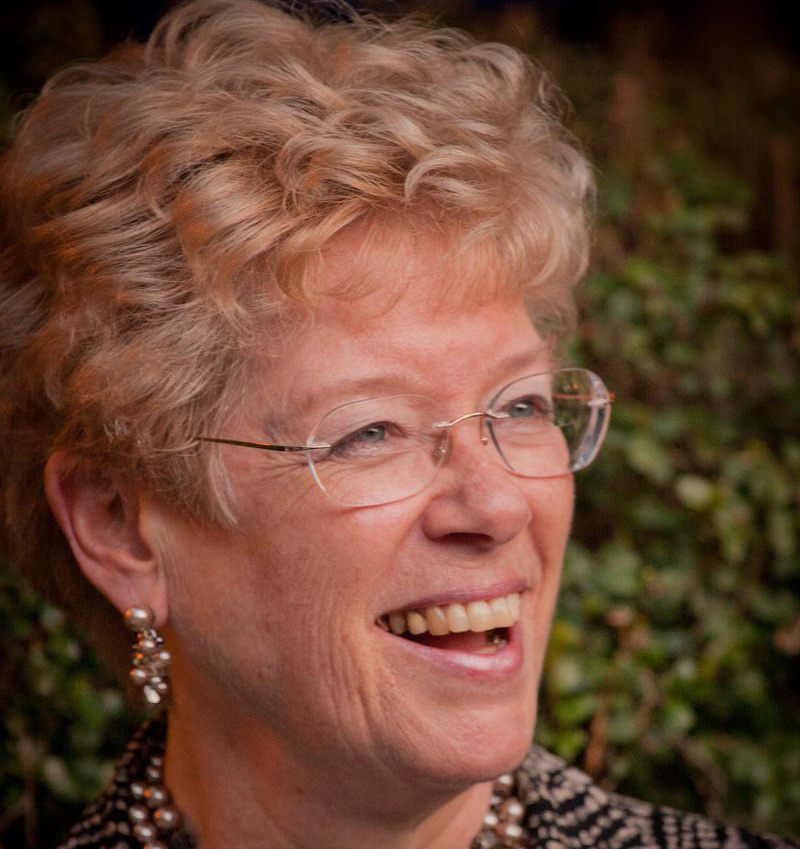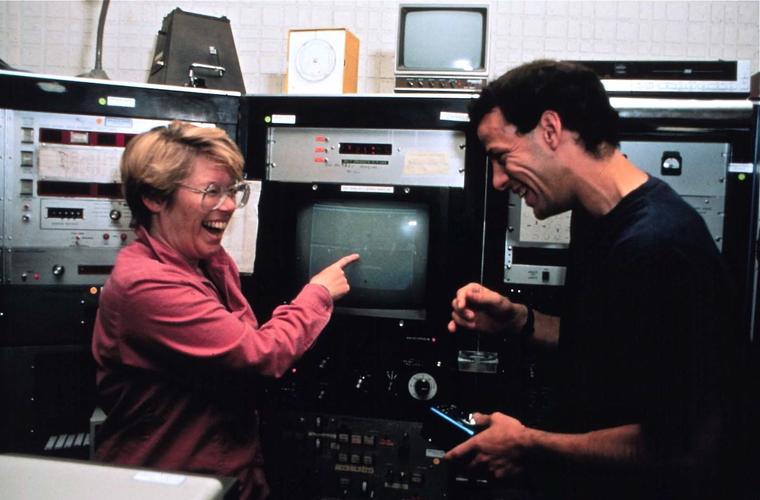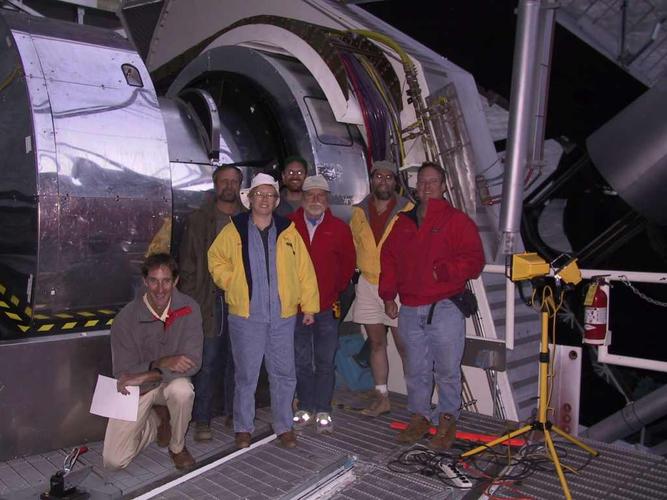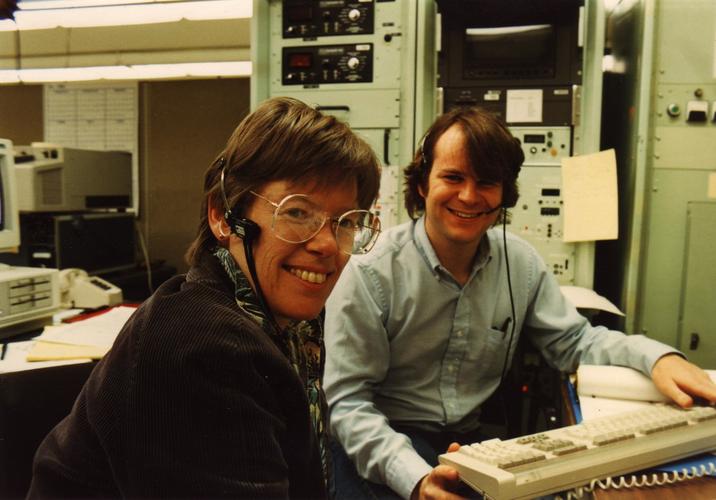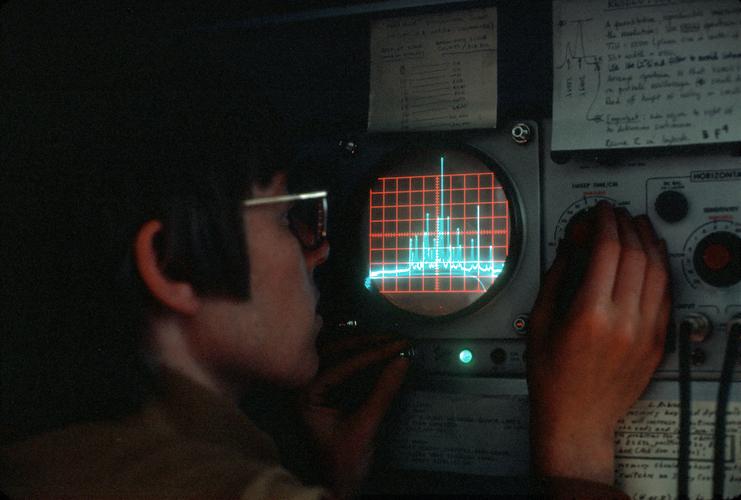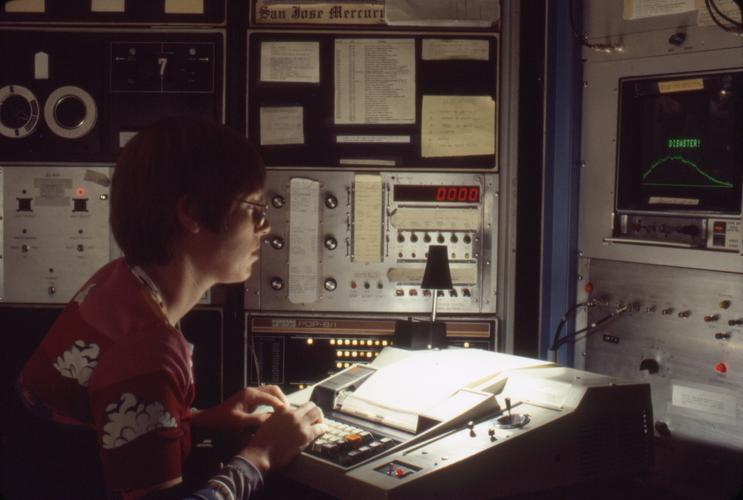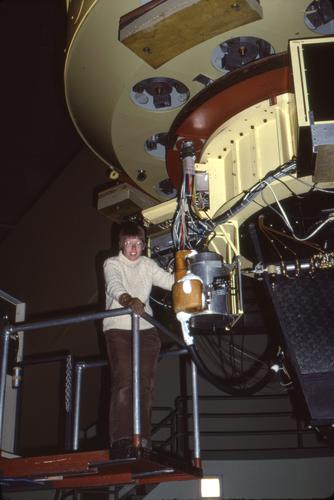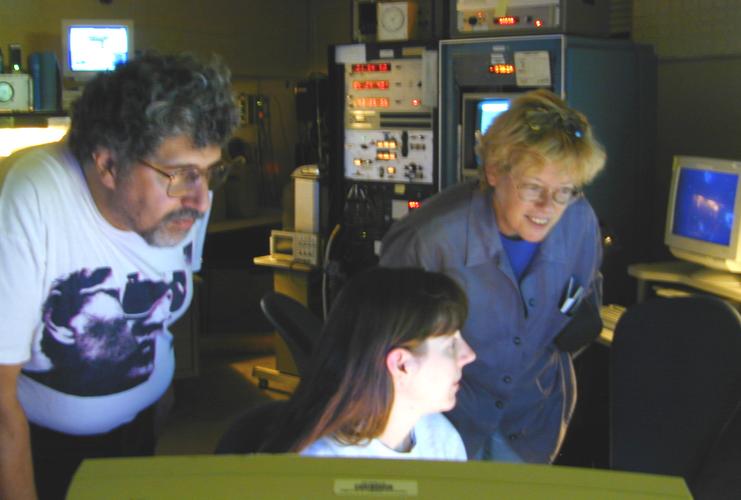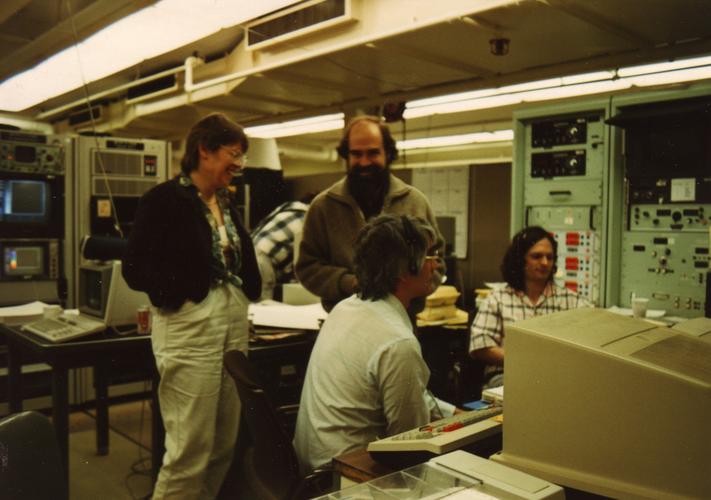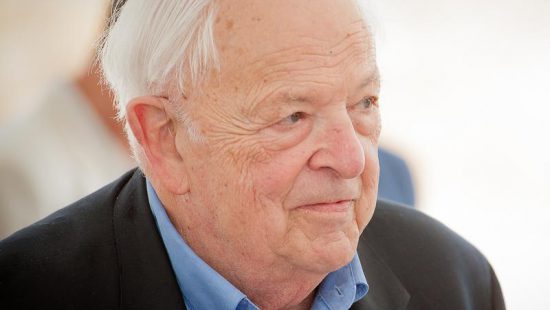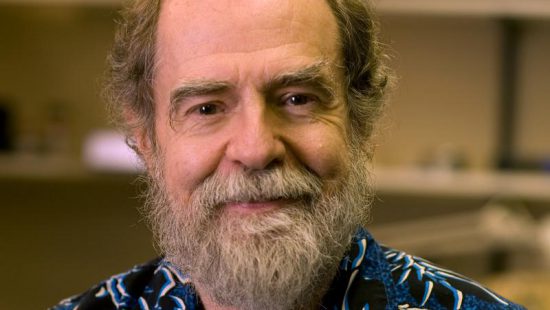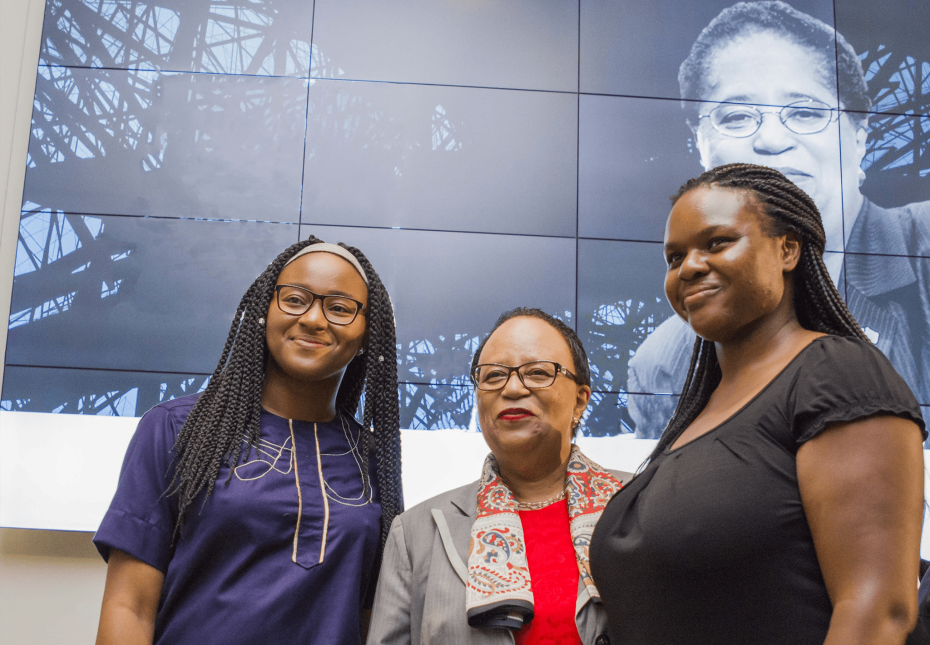During a TEDx talk, Sandra Faber once reminded the audience that we are the first generation of human beings to understand the how and the why of galaxy formation. We’re also the first to know that our solar system, with its orderly arrangement of planets around a single, highly stable star, appears to be pretty special, a rarity in the universe. Not only is she right, she’s also the reason we know much of that information!
Faber has spent her career constructing new and more accurate models of the way galaxies form. She’s also devised clever ways to measure just how far away from us they are. She was one of the first to champion the now widely-accepted idea that most galaxies have a supermassive (an actual technical term) black hole at their core, and she was one of the first to try to incorporate the idea of dark matter into models of the universe.
When humans began an earnest hunt for planets orbiting distant stars, Faber answered the called and helped develop methods that are still used to hunt for those planets.
Sometimes pushing boundaries is not just about new methods. Not only can Faber crunch the numbers, she has been behind some of the designs for the very instruments that have allowed her and her collaborators to make their groundbreaking discoveries.
Hubble has captured some its best and most enduring images thanks to the Wide Field Planetary Camera that she helped design. The Keck Telescope–part of the UC Observatories where she has spent virtually her entire career–has also benefited immeasurably from Dr. Faber’s multidimensional talents.
Despite spending her career looking for answers to some of its most puzzling questions, the ultimate beauty and power of the universe still holds sway over Faber. Uncovering the origins of the universe, she remarked in a 2003 interview with PBS, is “the most romantic scientific question you could envision.”

